13 Doctor-Approved Foods That Keep Your Arteries Clean
In the quest for a long, healthy life, maintaining cardiovascular health is paramount. The heart, a vital organ, tirelessly pumps blood, supplying oxygen and nutrients to every cell in the body. However, the modern lifestyle, characterized by poor dietary choices and sedentary habits, often leads to the insidious build-up of plaque in the arteries, a condition known as atherosclerosis. This can result in reduced blood flow and increased risk of heart attacks and strokes. Fortunately, research has consistently shown that diet plays a crucial role in maintaining heart health and keeping arteries clear. This comprehensive guide will explore 13 doctor-approved foods that are instrumental in promoting cardiovascular wellness. By incorporating these foods into your daily diet, you can take proactive steps towards ensuring your heart thrives. The following sections will delve into the specific benefits of each food and how they contribute to arterial health, offering you practical insights and actionable advice.
1. The Power of Leafy Greens
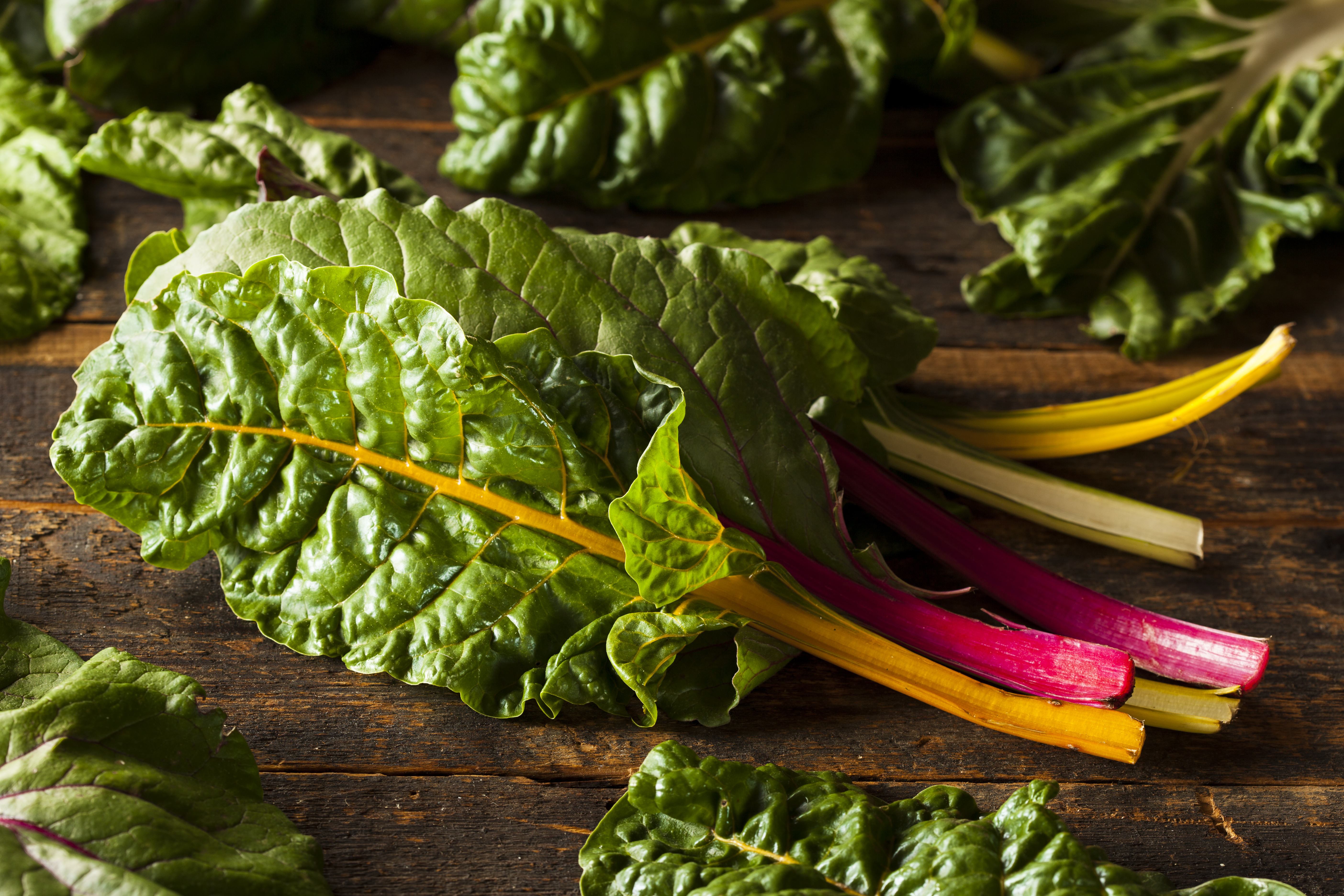
Leafy greens like spinach, kale, and Swiss chard are nutritional powerhouses packed with vitamins, minerals, and antioxidants. These vegetables are particularly rich in vitamin K, which is essential for proper blood clotting and bone health. More importantly, leafy greens are high in dietary nitrates, compounds that have been shown to reduce blood pressure, improve arterial function, and decrease the risk of heart disease. Studies suggest that consuming leafy greens can significantly enhance the flexibility of blood vessels, allowing for better blood flow. Additionally, the fiber content in these greens aids in lowering cholesterol levels, further contributing to arterial health. Incorporating a variety of leafy greens into your meals, whether as salads, smoothies, or cooked dishes, can make a substantial difference in keeping your arteries clear and your heart healthy.
2. Berries: Nature’s Antioxidant-Rich Treats

Berries, including blueberries, strawberries, and raspberries, are not only delicious but also packed with antioxidants like anthocyanins. These compounds help protect against oxidative stress and inflammation, both of which are key players in the development of heart disease. Research has shown that regular consumption of berries can improve cholesterol levels, blood pressure, and arterial stiffness. The high fiber content in berries also aids in reducing LDL cholesterol, often referred to as "bad" cholesterol, which can accumulate in the arteries and lead to blockages. Incorporating a variety of berries into your diet can be as simple as adding them to your morning cereal, yogurt, or smoothies. Their natural sweetness and vibrant colors make them a delightful and heart-healthy addition to any meal.
3. Fatty Fish and Omega-3 Fatty Acids

Fatty fish such as salmon, mackerel, sardines, and trout are excellent sources of omega-3 fatty acids, which are crucial for heart health. These essential fats have been shown to reduce inflammation, lower blood pressure, and decrease triglycerides, all of which contribute to reducing the risk of heart disease. Omega-3s also help prevent the formation of blood clots and improve the function of endothelial cells that line the arteries. Regular consumption of fatty fish is associated with a lower risk of heart attacks and strokes. For those who do not consume fish, omega-3 supplements derived from algae are a viable alternative. Including fatty fish in your diet at least twice a week can provide significant cardiovascular benefits and help keep your arteries clear.
4. The Benefits of Whole Grains
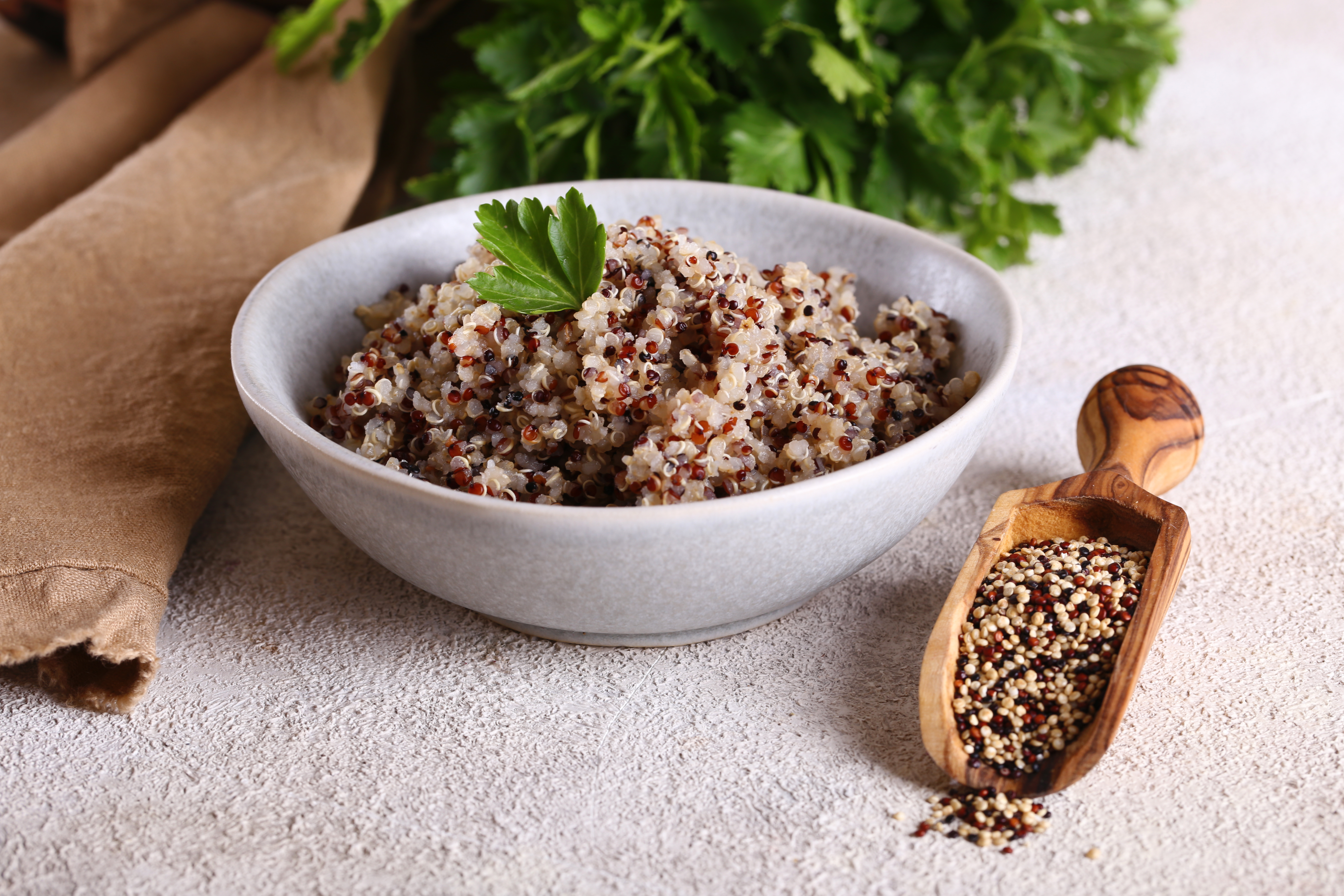
Whole grains such as oats, brown rice, quinoa, and barley are vital components of a heart-healthy diet. Unlike refined grains, whole grains retain their nutrient-rich bran and germ, providing a rich source of fiber, vitamins, and minerals. The soluble fiber found in whole grains can help lower cholesterol levels by binding to cholesterol molecules and removing them from the body. This process reduces the risk of plaque build-up in the arteries. Additionally, whole grains have a low glycemic index, which helps maintain stable blood sugar levels and reduces the risk of developing type 2 diabetes, a major risk factor for heart disease. Incorporating whole grains into your diet can be as simple as choosing whole-grain bread, pasta, and cereals over their refined counterparts, offering a delicious way to support arterial health.
5. Nuts and Seeds: Small but Mighty
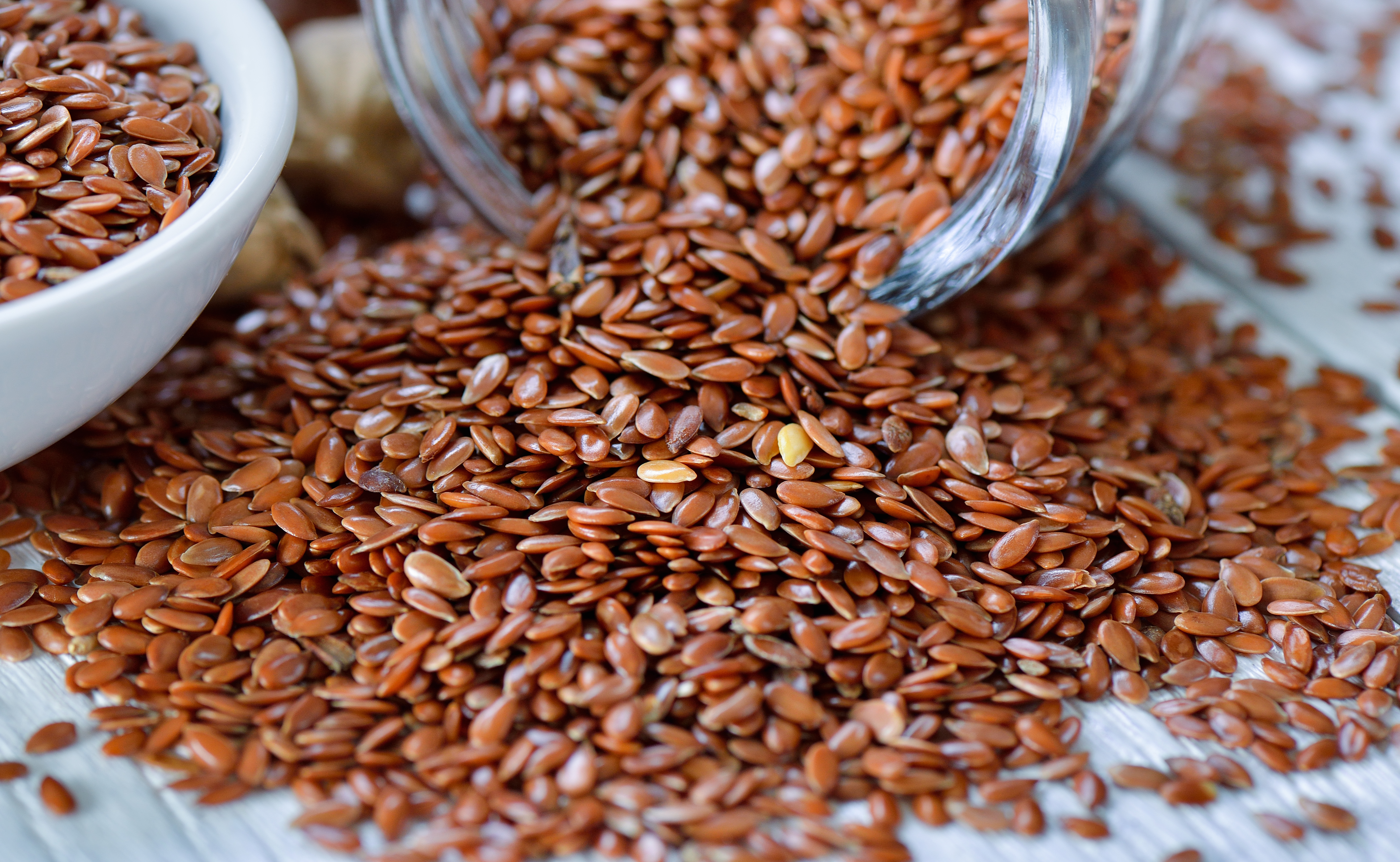
Nuts and seeds, including almonds, walnuts, flaxseeds, and chia seeds, are nutrient-dense foods that provide a wealth of heart-healthy benefits. They are rich in unsaturated fats, protein, fiber, vitamins, and minerals, making them an excellent choice for cardiovascular health. The healthy fats in nuts and seeds help reduce LDL cholesterol levels and increase HDL cholesterol, known as "good" cholesterol, which aids in clearing the arteries. Additionally, nuts and seeds contain plant sterols and stanols, compounds that have been shown to lower cholesterol absorption in the intestines. Regular consumption of a variety of nuts and seeds, in moderation, can contribute to improved heart health and reduced risk of heart disease. They make for a convenient and satisfying snack or can be added to salads, yogurt, and baked goods for an extra nutritional boost.
6. Avocados: The Heart-Healthy Fat

Avocados are a unique fruit that offers a rich source of monounsaturated fats, which are known to support heart health. These healthy fats help reduce levels of LDL cholesterol while increasing HDL cholesterol, promoting a favorable lipid profile that reduces the risk of arterial plaque formation. Avocados are also high in potassium, a mineral that helps regulate blood pressure by counteracting the effects of sodium. The fiber content in avocados further supports cardiovascular health by aiding in cholesterol reduction. Including avocados in your diet can be as simple as adding them to salads, sandwiches, or smoothies, or enjoying them as a spread on whole-grain toast. Their creamy texture and mild flavor make them a versatile and delicious way to support heart health.
7. The Impact of Olive Oil

Olive oil, particularly extra virgin olive oil, is a staple of the Mediterranean diet, which is renowned for its heart-healthy benefits. Rich in monounsaturated fats and antioxidants, olive oil has been shown to reduce inflammation, lower blood pressure, and improve cholesterol levels. The polyphenols in olive oil also offer protective effects against oxidative stress, which can damage blood vessels and lead to atherosclerosis. Replacing saturated fats and trans fats in your diet with olive oil can significantly reduce the risk of heart disease. Using olive oil as a dressing for salads, a base for cooking, or a dip for whole-grain bread are simple ways to incorporate this heart-healthy oil into your daily routine.
8. The Cardiovascular Benefits of Garlic
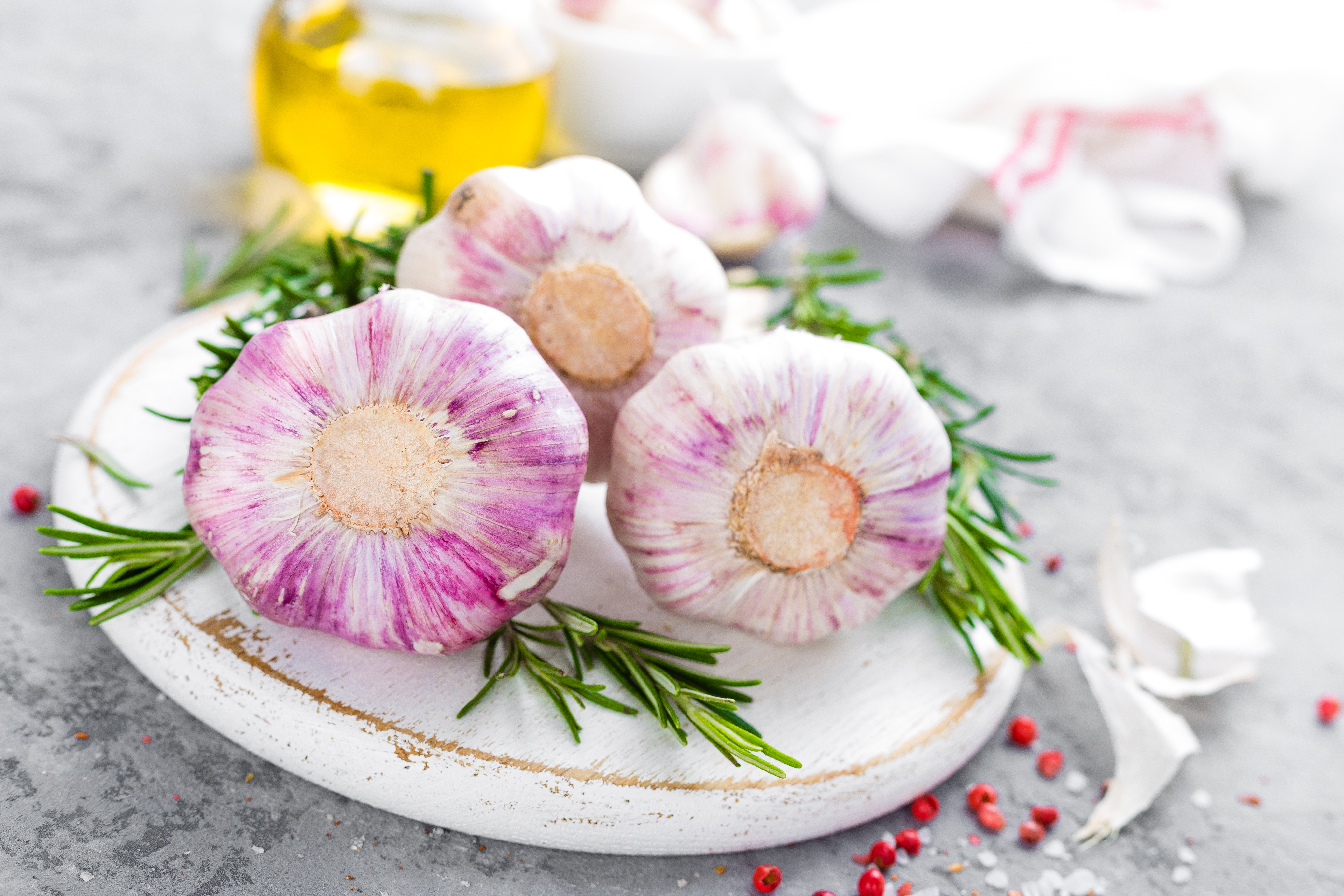
Garlic has been used for centuries for its medicinal properties, and modern research supports its role in promoting heart health. Allicin, the active compound in garlic, has been shown to reduce blood pressure, lower cholesterol levels, and improve overall cardiovascular health. Garlic also possesses anti-inflammatory and antioxidant properties, which help protect against the development of atherosclerosis. Regular consumption of garlic can enhance the elasticity of blood vessels, allowing for better blood flow and reduced risk of heart disease. Adding fresh garlic to your cooking or taking garlic supplements can provide these cardiovascular benefits, making it a flavorful and health-promoting addition to your diet.
9. The Role of Beans and Legumes
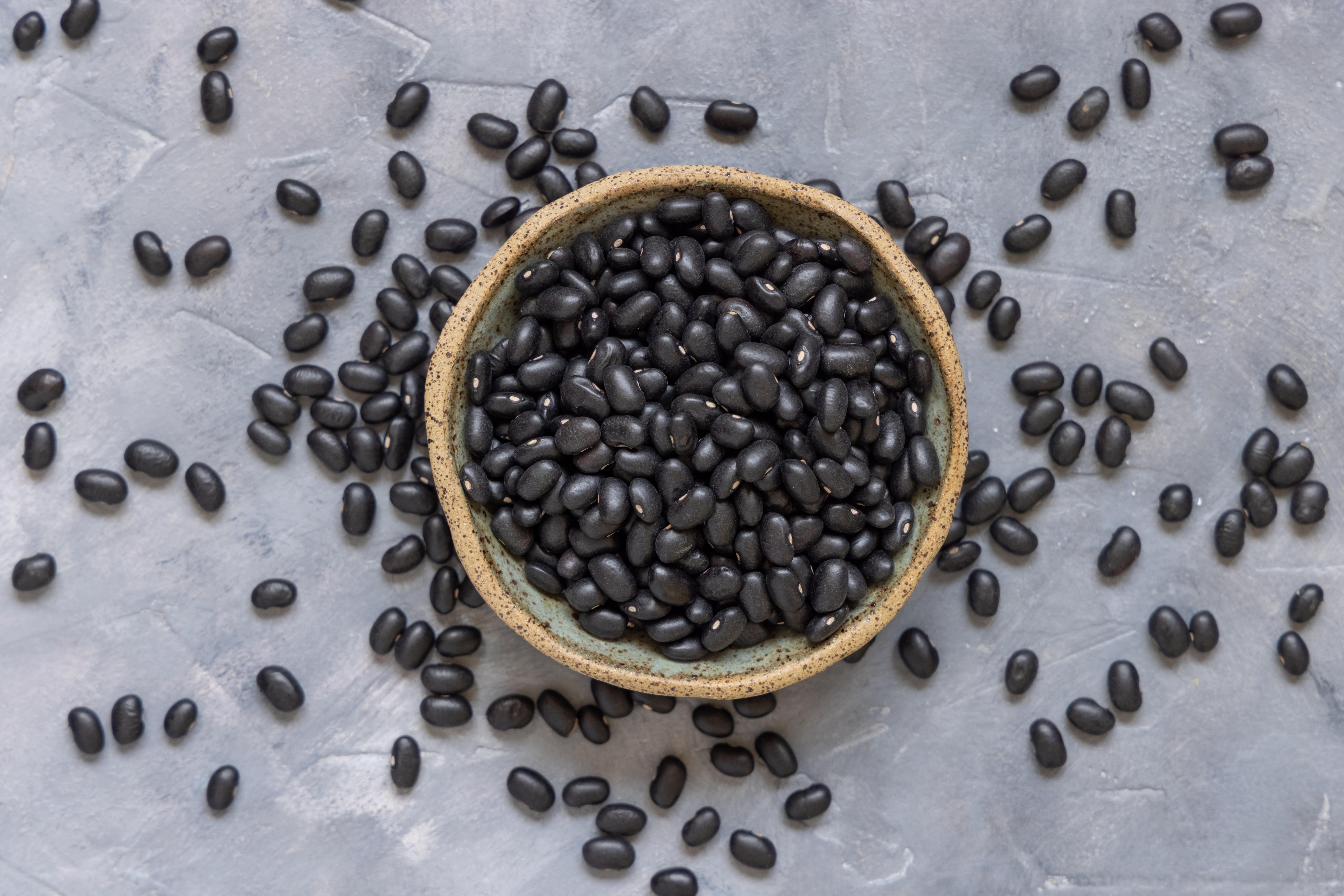
Beans and legumes, including lentils, chickpeas, and black beans, are excellent sources of plant-based protein, fiber, and essential nutrients. Their high fiber content helps lower cholesterol levels by binding to cholesterol in the digestive tract and promoting its excretion. This process reduces the risk of plaque formation in the arteries. Beans and legumes also have a low glycemic index, which helps maintain stable blood sugar levels and reduces the risk of type 2 diabetes. Regular consumption of beans and legumes is associated with a lower risk of heart disease and improved cardiovascular health. Including a variety of these foods in your diet can be as simple as adding them to soups, salads, or stews, providing a hearty and nutritious way to support arterial health.
10. The Importance of Tomatoes

Tomatoes are a rich source of lycopene, a powerful antioxidant that has been shown to reduce the risk of heart disease by lowering LDL cholesterol levels and improving blood vessel function. Lycopene also helps protect against oxidative stress and inflammation, both of which contribute to the development of atherosclerosis. Additionally, tomatoes are high in potassium, which helps regulate blood pressure and supports overall cardiovascular health. Including tomatoes in your diet can be as simple as adding them to salads, sauces, or soups, or enjoying them fresh as a snack. Their vibrant color and juicy flavor make them a delicious and heart-healthy addition to any meal.
11. The Benefits of Dark Chocolate

Dark chocolate, when consumed in moderation, can be a heart-healthy treat. It is rich in flavonoids, particularly flavanols, which have been shown to improve blood flow, reduce blood pressure, and lower the risk of heart disease. The antioxidants in dark chocolate also help protect against oxidative stress and inflammation, which can damage blood vessels and lead to atherosclerosis. Choosing dark chocolate with a high cocoa content (70% or higher) ensures that you are getting the maximum health benefits while minimizing added sugars. Enjoying a small piece of dark chocolate as an occasional treat can provide cardiovascular benefits and satisfy your sweet tooth.
12. The Role of Green Tea
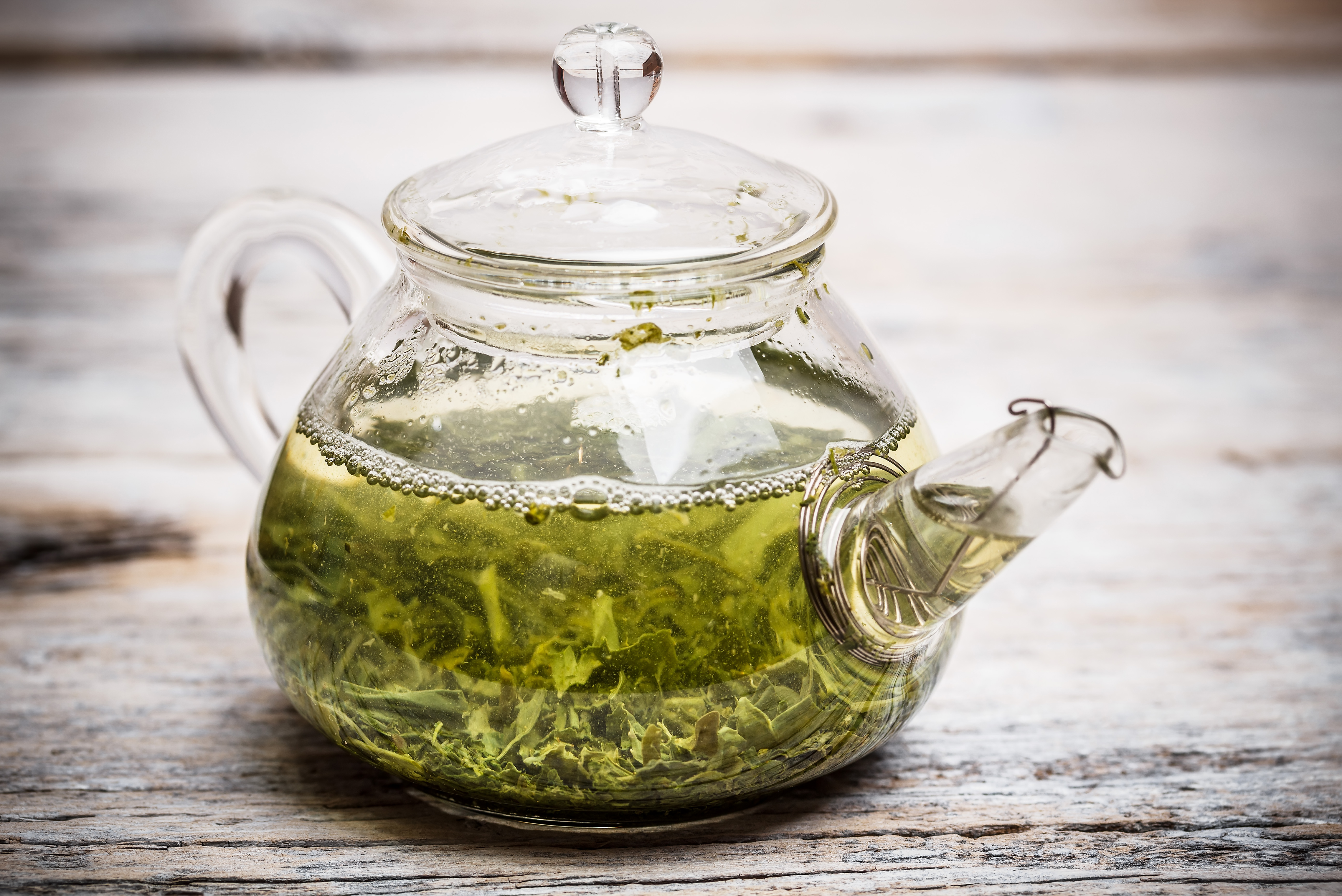
Green tea is a popular beverage known for its numerous health benefits, particularly for heart health. It is rich in catechins, a type of antioxidant that has been shown to improve cholesterol levels, reduce blood pressure, and enhance blood vessel function. Regular consumption of green tea is associated with a lower risk of heart disease and improved arterial health. The polyphenols in green tea also offer protective effects against oxidative stress and inflammation, which can contribute to the development of atherosclerosis. Enjoying a cup of green tea daily can be a simple and refreshing way to support cardiovascular health.
13. The Impact of Pomegranates
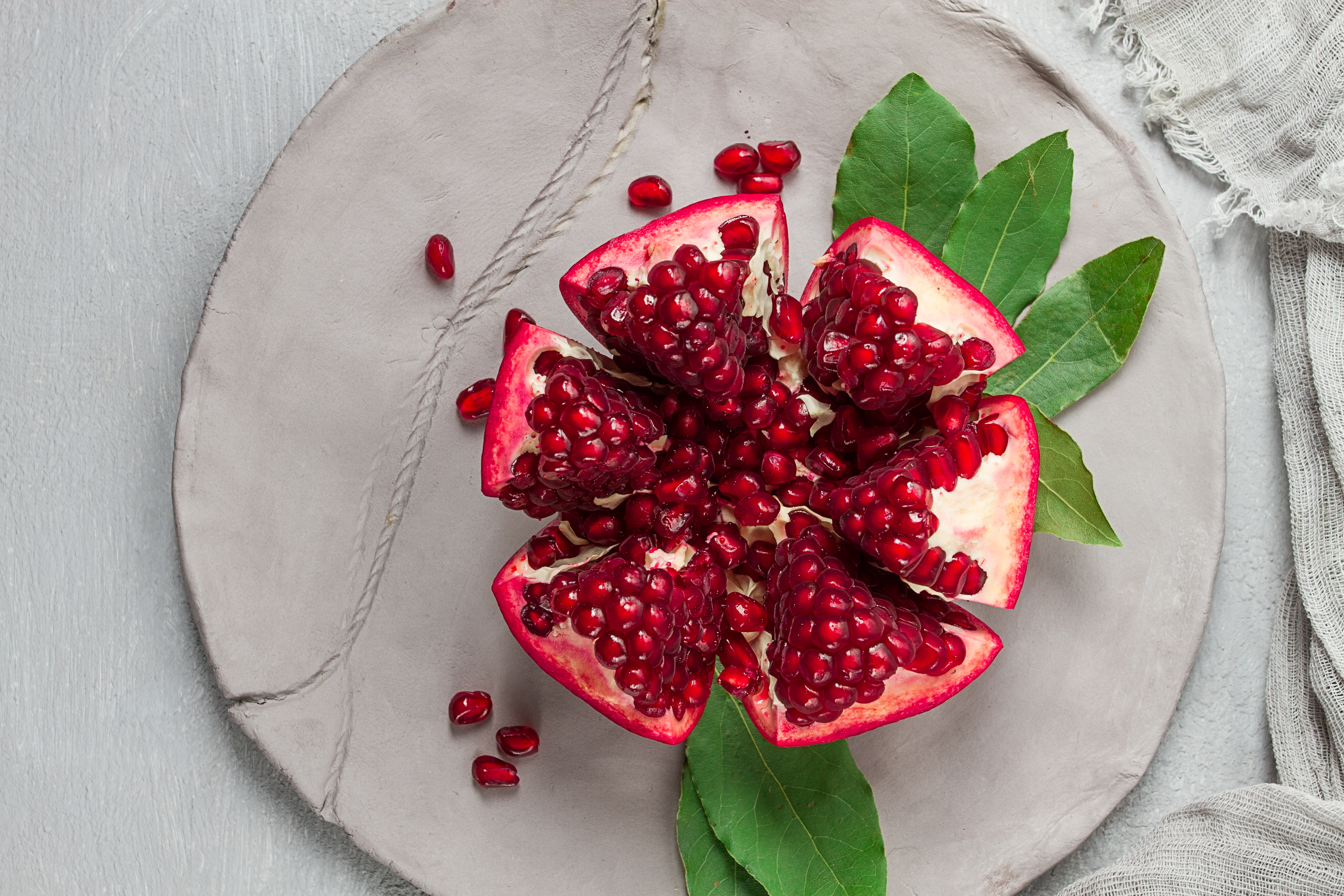
Pomegranates are a rich source of antioxidants, particularly punicalagins and anthocyanins, which have been shown to reduce oxidative stress and inflammation, both of which contribute to heart disease. Research suggests that pomegranate juice can improve cholesterol levels, lower blood pressure, and enhance blood flow, all of which support arterial health. Regular consumption of pomegranates or their juice is associated with a reduced risk of heart disease and improved cardiovascular function. Enjoying fresh pomegranate seeds as a snack or adding pomegranate juice to your diet can provide these heart-healthy benefits.
Nourishing Your Heart

Incorporating these 13 doctor-approved foods into your diet can significantly contribute to heart health and clear arteries. Each of these foods offers unique benefits that support cardiovascular wellness, from reducing inflammation and lowering cholesterol levels to improving blood flow and protecting against oxidative stress. By making conscious dietary choices and embracing a variety of nutrient-rich foods, you can take proactive steps towards maintaining a healthy heart. Remember, a balanced diet, regular physical activity, and a healthy lifestyle are key components of overall cardiovascular health. Start by gradually introducing these foods into your meals, and enjoy the delicious journey to a thriving heart.